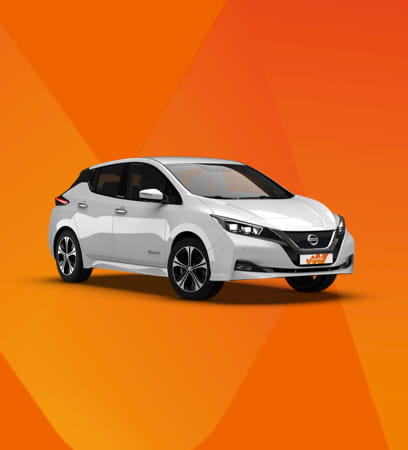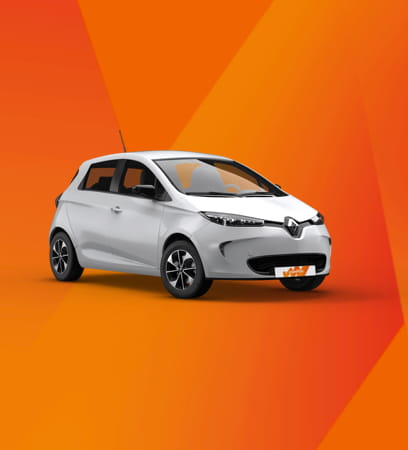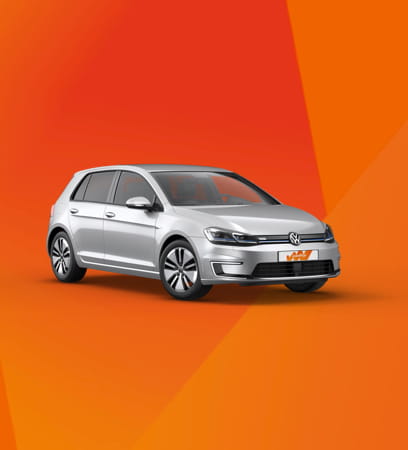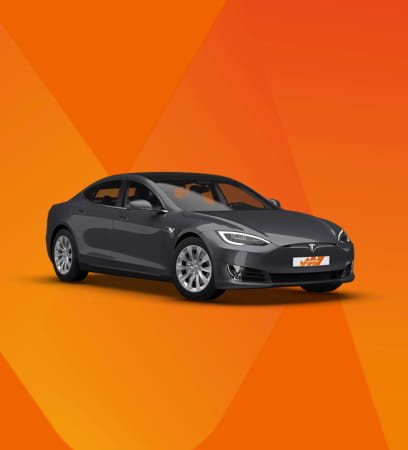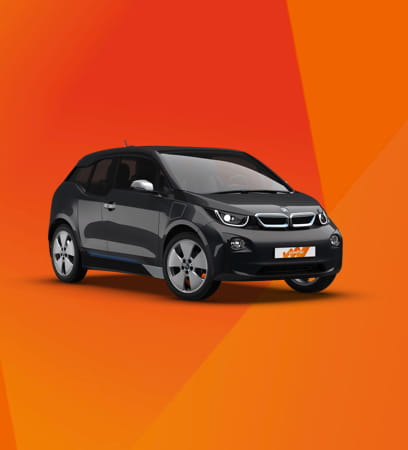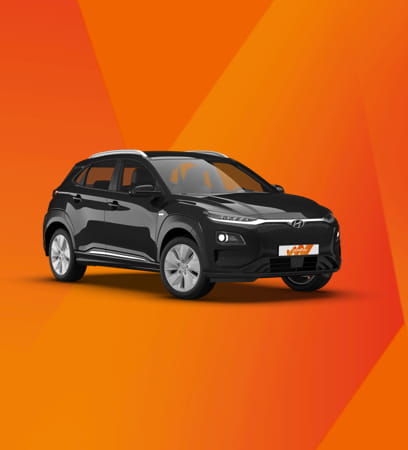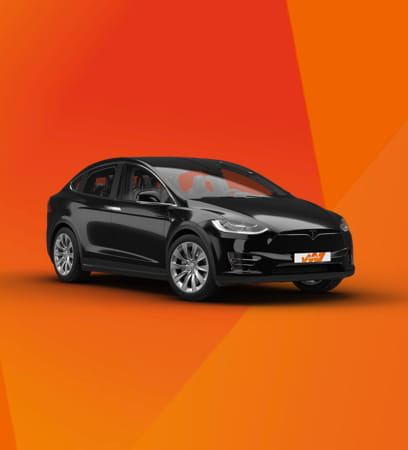
Electric cars with the longest range
Plug and play!
January 27, 2020
Early in the EV revolution, there was a chance your EV could run out of juice, leaving you stranded. But with rapidly growing charging infrastructure and increasingly sophisticated EV technology, ‘range anxiety’ is becoming a thing of the past.
As countries ramp up for emission-free roads as soon as 2030, car manufacturers are also releasing EV’s with longer ranges and smarter batteries every week. On top of that, charging technology is becoming more efficient, affordable and widespread.
How far is far enough? We’ve found the electric vehicles that will take you the furthest in between charges. In a variety of price classes and sizes, there’s something for everyone!

